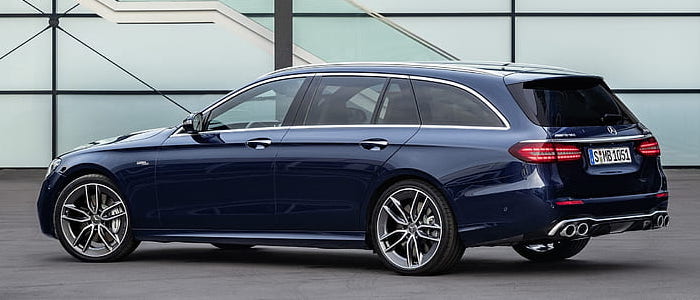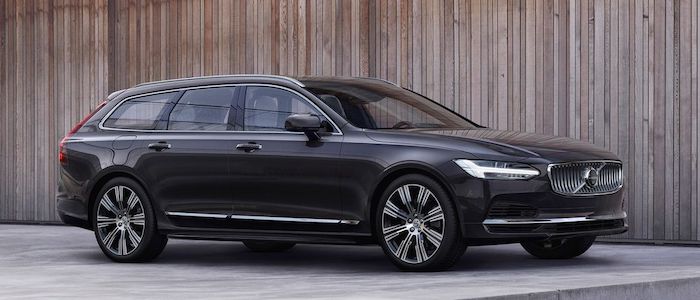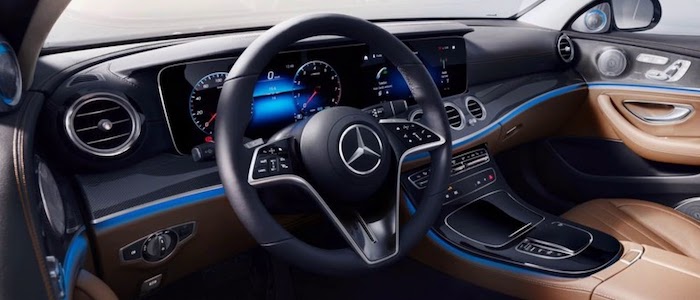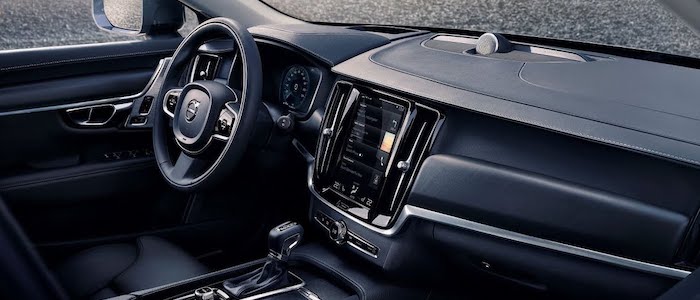Compare two cars
Compare any two cars and get our Virtual Adviser™ opinion
Dimensons & Outlines
Check vehicle history
Engine
2.0 OM654 D 20 SCR Hybrid
Performance (manual gearbox)
Performance (automatic gearbox)
Expenses
Virtual Adviser's™ opinion
Well, these are two pretty similar cars we have here! It's only details that could potentially make the difference. Considering they both belong to the luxury car segment and utilize the same 5-door wagon body style and the 4 x 4 wheel drive system, it all comes up to the specific hybrid engine choice they offer. The first one has a Mercedes Benz-engineered powertrain under the hood, a 4-cylinder, 16-valves 306hp unit, while the other one gets its power and torque from a 4-cylinder, 16-valves 340hp engine designed by Volvo.
SafetyThe first thing to look into here would be the results from European New Car Assessment Programme (Euro NCAP) tests performed on the two cars. Good thing is that both vehicles got tested, with the same number of safety stars gained in the process. Still, apart from the official crash test results there are other things we need to be aware of. Both vehicles belong to the luxury car segment, which is generally a very good thing safety-wise, but it doesn't do much to help us decide between the two. Furthermore, if we'd like to consider vehicle mass in this context too, which we definitely should, the German car offers a marginal difference of 2% more metal.
ReliabilityReliability is not the best thing to consider on the make level, but it is worth mentioning that Volvo does have a slight advantage, at least on all of the models level. These are the official statistics, while our visitors describe reliability of Mercedes Benz with an average rating of 4.3, and models under the Volvo badge with 3.2 out of 5. Unfortunatelly, I don't have enough insight that would allow me to comment in more details on the specific models level. That apart, owners of different cars powered by the same engine as the German car rank it on average as 3.0 out of 5, exactly the same as the other one.
Performance & Fuel economyVolvo is a bit more agile, reaching 100km/h in 0.1 seconds less than its competitor. Still, it lacks the power to win the top speed competition, topping at 180 kilometers per hour, 50km/h less than the other car. When it comes to fuel economy things look pretty much the same for both cars, averaging around 1.8 liters of fuel per 100 kilometers (161 mpg), in combined cycle.
Verdict
Mercedes Benz appears just a bit more reliable, although the difference is truly marginal. The most important thing when deciding between any two vehicles should always be safety, both passive and active. In my opinion, everything taken into account, the German car offers slightly better overall protection and takes the lead. It all continues in the same direction, with Mercedes Benz being considerably quicker, thus putting more smile on driver's face. To make things even better, it consumps less fuel! All together, there's not much more to say, in this case I wouldn't even consider anything but Mercedes Benz. Nevertheless, let's not forget that people have different preferences and needs, so what really counts is your personal feel. I'm only here to help. I suggest you spend two more minutes in order to find out which car, based on your needs and budget, would be picked by the virtual adviser™, out of 12.000+ vehicles we currently have in our database.
































